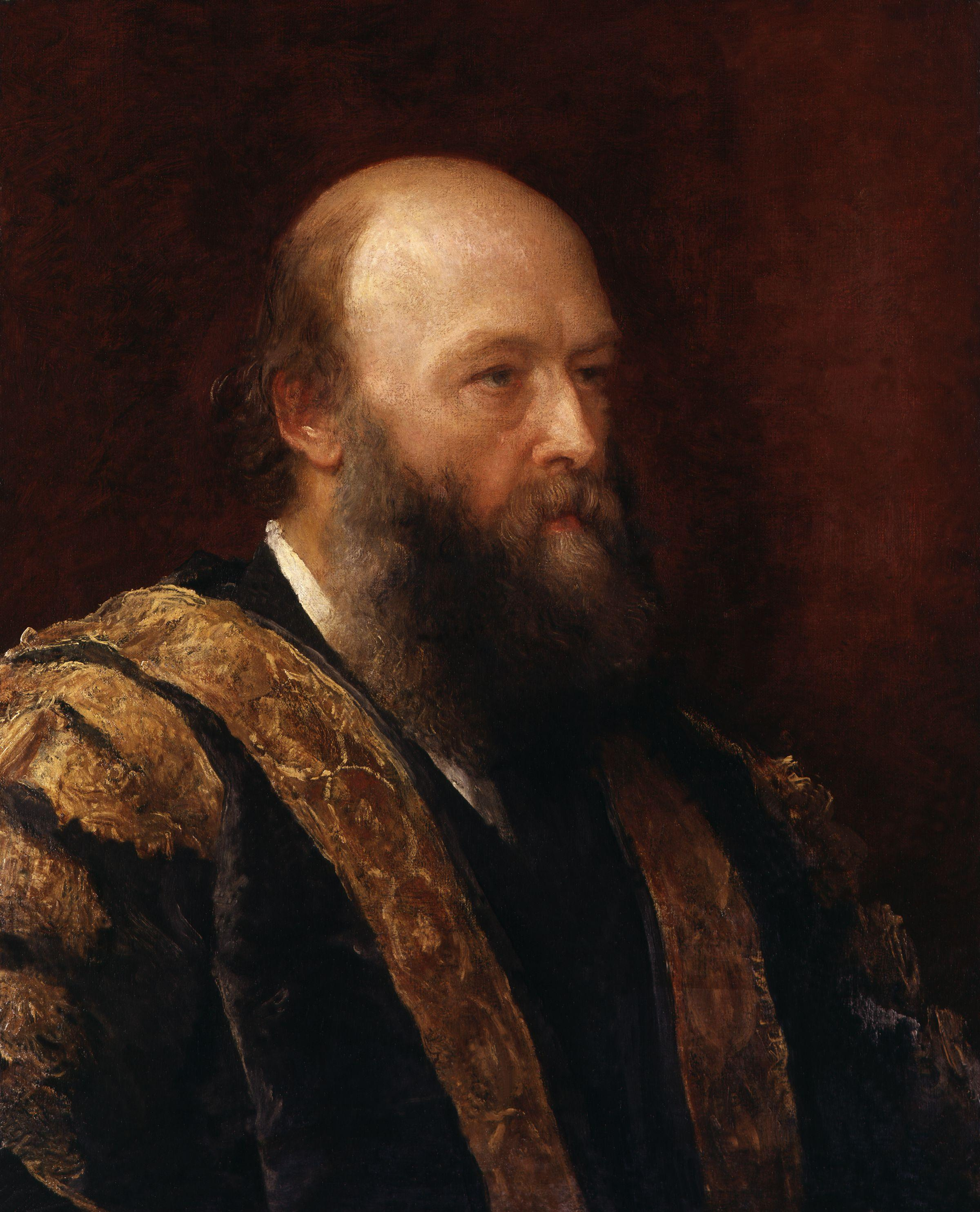„Szczypta doświadczenia jest warta tonę teorii.”
A gram of experience is worth a ton of theory. (ang.)
Źródło: Saturday Review (1859)
Robert Arthur Talbot Gascoyne-Cecil, 3. markiz Salisbury KG, GCVO – brytyjski polityk, wielokrotny minister spraw zagranicznych i premier Wielkiej Brytanii w latach 1885–1886, 1886–1892 i 1895–1902. W czasie trzeciej kadencji Salisbury’ego trwała II wojna burska i zmarła królowa Wiktoria. Zastąpił Benjamina Disraelego jako przywódca konserwatystów. Wikipedia

„Szczypta doświadczenia jest warta tonę teorii.”
A gram of experience is worth a ton of theory. (ang.)
Źródło: Saturday Review (1859)
„Od Kapsztadu do Kairu – wszystko brytyjskie.”
Źródło: George Bidwell, Król diamentów, Katowice 1979
Źródło: Letter to H. W. Acland (4 February 1867), from G. Cecil, The Life of Robert, Marquis of Salisbury. Volume I, p. 211
Źródło: Speech to the National Union of Conservative and Constitutional Associations in St. James's Hall, London (15 May 1886), quoted in The Times (17 May 1886), p. 6
Quarterly Review, 112, 1862, p. 542
1860s
Źródło: Letter to Robert Bulwer-Lytton, 1st Earl of Lytton (15 June 1877), from G. Cecil, The Life of Robert, Marquis of Salisbury. Volume II, pp. 145-146
Źródło: Speech to the Colonial Conference, London (4 April 1887), quoted in The Times (5 April 1887), p. 11
Źródło: 'Parliamentary Reform', Quarterly Review, 117, 1865, p. 550
But the two camps together will not nearly include the nation: for the vast mass of every nation is unpolitical.
Quarterly Review, 133, 1872, pp. 583-584
1870s
Speech at Edinburgh (24 November 1882), from in G. Cecil, The Life of Robert, Marquis of Salisbury. Volume III, p. 65
1880s
On resistance to the Reform Act 1832. Quarterly Review, 123, 1867, p. 557
1860s
On democracy. Quarterly Review, 115, 1864, p. 239
1860s
Saturday Review, 29, 1865, p. 532
1860s
Quarterly Review, 116, 1864, p. 266, pp. 269-270
1860s
Salisbury to Disraeli (September 1876), from G. Cecil, The Life of Robert, Marquis of Salisbury. Volume II, p. 85
1870s
Statement to the Associated Chambers of Commerce (March 1891)
1890s
Speech at the Guildhall (9 November 1897), quoted in The Times (10 November 1897), p. 6
1890s
Źródło: 'English Politics and Parties', Bentley's Quarterly Review, 1, (1859), p. 22
Źródło: 'Parliamentary Reform', Quarterly Review, 117, 1865, p. 550
Speech http://hansard.millbanksystems.com/commons/1867/aug/02/motion-for-an-address in the House of Commons (2 August 1867) on the Orissa famine of 1866
1860s
Quarterly Review, 130, 1871, pp. 279-280
1870s
‘Disintegration’, Quarterly Review, no. 312; October 1883, reprinted in Paul Smith (ed.), Lord Salisbury on Politics. A selection from his articles in the Quaterly Review, 1860-1883 (Cambridge University Press, 1972), pp. 342-343
1880s
Quarterly Review, 107, 1860, p. 516
1860s
Salisbury to the Cabinet (16 June 1877), from John Vincent (ed.), The Diaries of Edward Henry Stanley, Fifteenth Earl of Derby (London: The Royal Historical Society, 1994), p. 410
1870s
Letter to Robert Bulwer-Lytton, 1st Earl of Lytton (9 March 1877), as quoted in G. Cecil, The Life of Robert, Marquis of Salisbury. Volume II, p. 130
1870s
Statement of an uncredited reviewer in The Quarterly Review [London] (January 1866), p. 277
Misattributed
Źródło: Quarterly Review, 116, 1864, p. 263
Źródło: Quarterly Review, 116, 1864, pp. 265-266
Speech http://hansard.millbanksystems.com/lords/1868/jun/26/debate-resumed-second-night in the House of Lords (26 June 1868)
1860s
Źródło: Quarterly Review, 127, 1869, p. 560